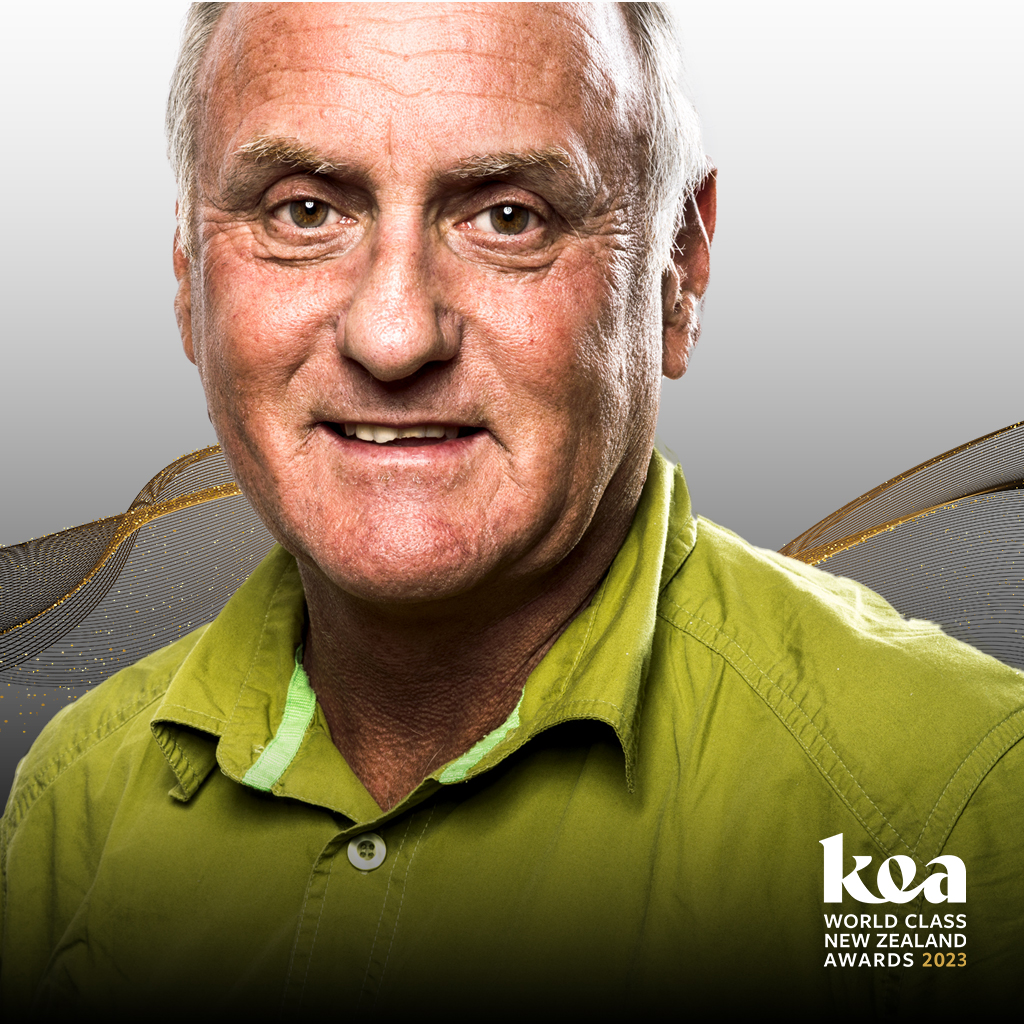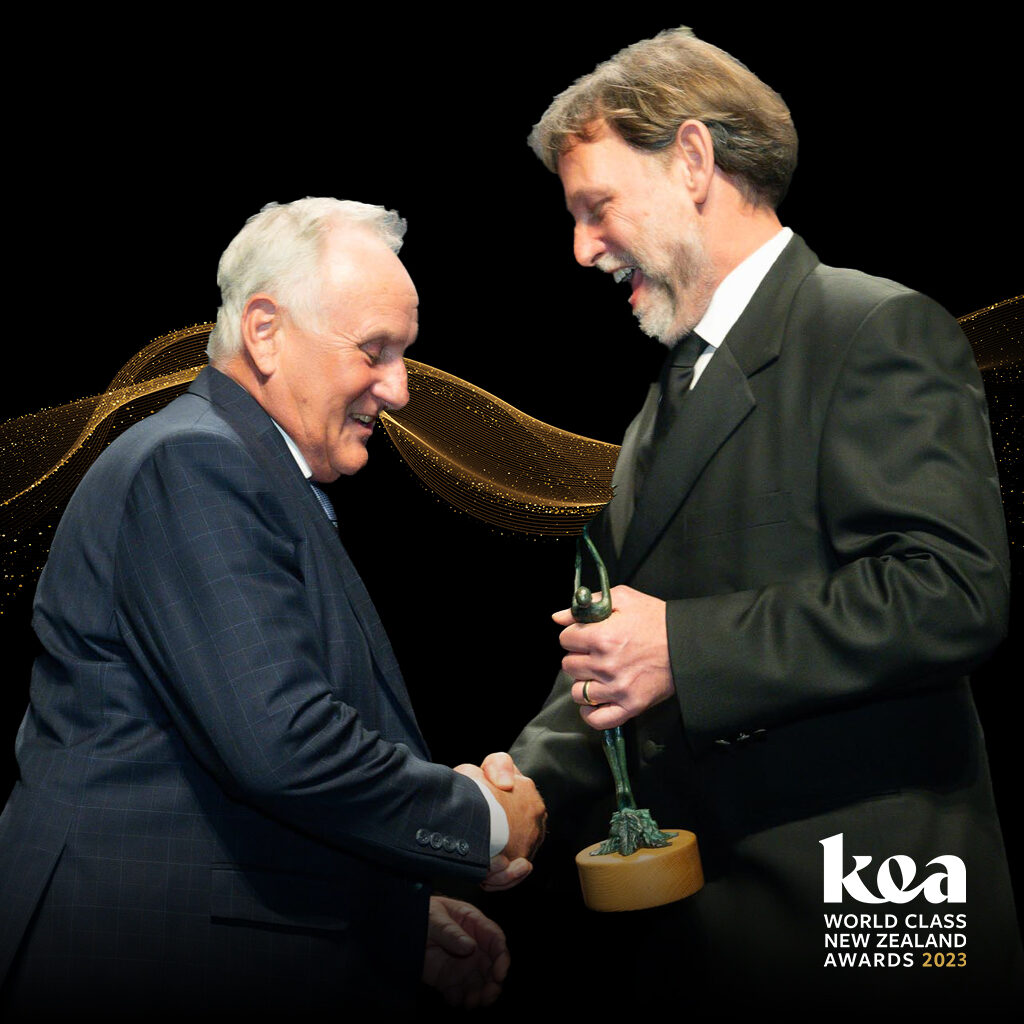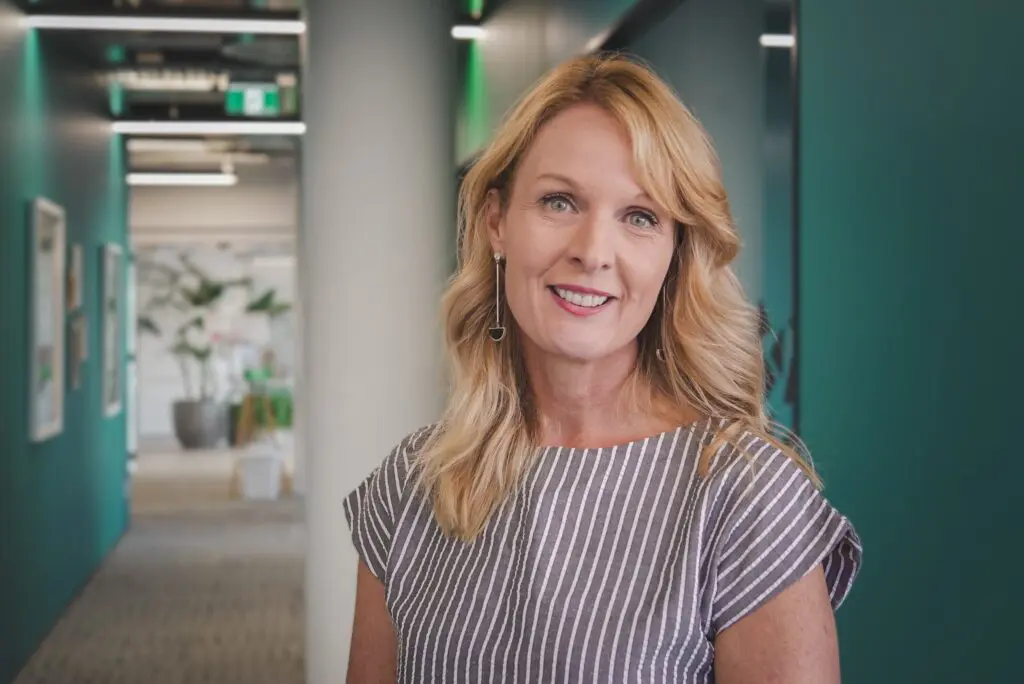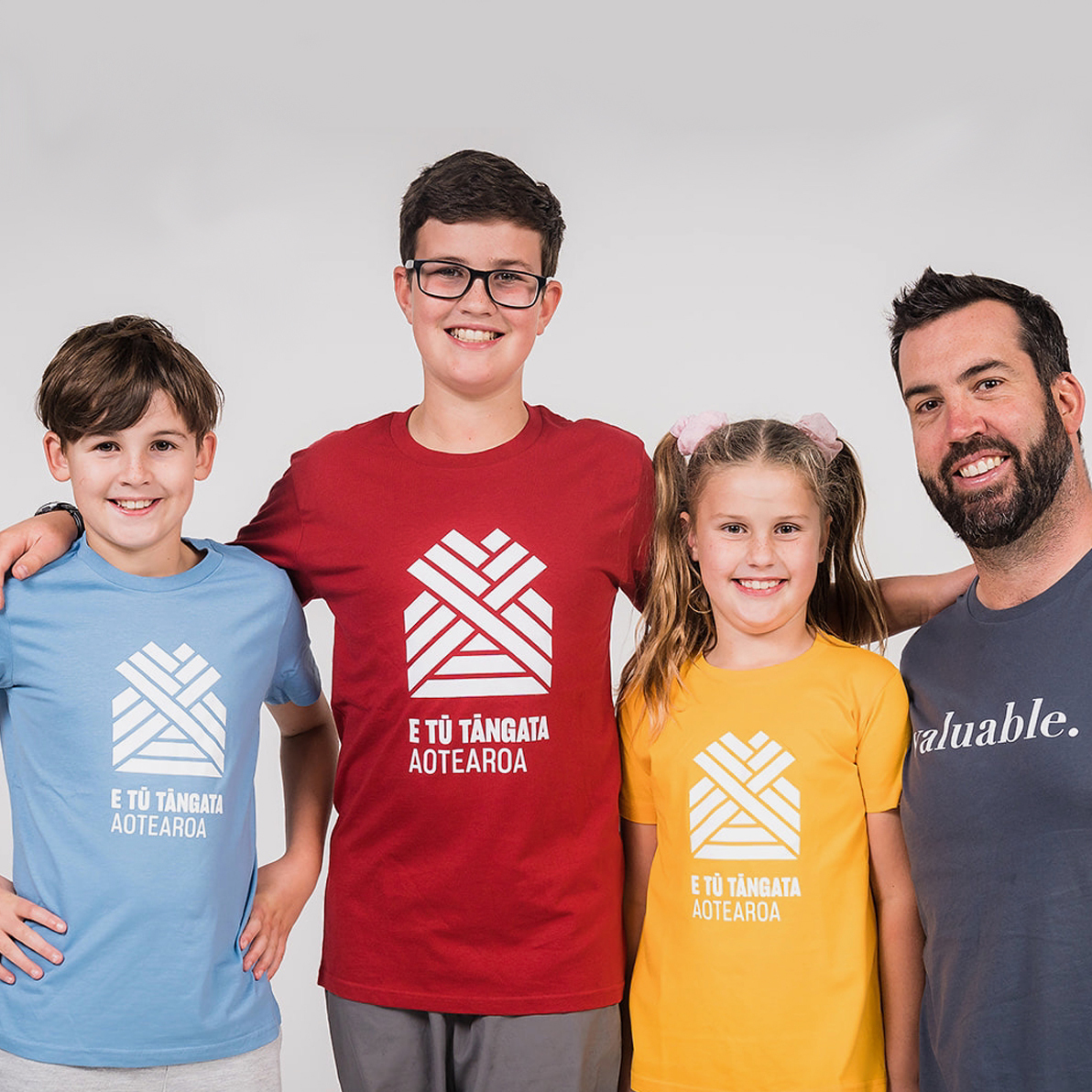Choose to be greater than the mountain

2023 Kea World Class New Zealand Award winner Mark Inglis, ONZM
Mark Inglis is a motivational speaker, author, athlete and mountaineer who first caught the attention of New Zealanders in the early 80s following his miraculous rescue from a snow cave on Mt Cook. The 13 day ordeal resulted in him losing both his legs to frostbite. But he has never let his disability stand in his way. He first represented New Zealand on the World Stage when he brought home the country’s inaugural Paralympic cycling medal at the Sydney Games in 2000, before going on to become the first double amputee to summit Everest. He’s the founder of charity Limbs4All and these days splits his time between New Zealand India and Cambodia where he champions the rights of people living with a disability and consults with top business leaders and executives on business changes and challenges and the role attitude plays in a company.
As a child, Mark Inglis wanted to be one of two things, either a professional motorbike rider or a mountaineer. He chose the latter and first started climbing at age 12. He went on to qualify as a search and rescue mountaineer, based at Aoraki Mt Cook, a role which he describes as a dream job. Mt Cook is also where he met and married his wife Anne who worked at one of the hotels. Life was going well until November of 1982 when an incident Mark refers to as his ‘hiccup’ occurred.
“I definitely call it a hiccup, it’s another life away, really, but it’s still pretty clear. I had paired up with a new search and rescue teammate and we decided to do the east ridge of Aoraki, Mt Cook. The ice conditions were terrible and the climb took us a lot longer than normal, when we got to the middle peak we realised that the weather report that we’d had was like 12 hours out. It was blowing a gale. The wind in the New Zealand mountains will happily kill you, either with hypothermia or it just blows you straight off. The only place to get away from it that day was in a little crevasse, so we crawled into that thinking that we’d be there for a few hours or overnight at the most.”
The pair ended up in the ice cave for thirteen and a half days, or 324 hours, before rescuers could get to them. Both men suffered frostbite on their feet and ended up losing both their legs several inches below the knees. After several months in hospital, they were fitted with prosthetics which Mark admits were fairly basic back then.
“Our first feet were still wooden wrapped in leather. It took years before we got plastic nylon feet and then it wasn’t until after the Paralympics in 2000 that I got my very first set of carbon fibre feet. The very first time I stepped on them and walked on them I thought, oh, imagine what I could have done if you’d, if you’d given me these 18 years ago.”

Despite his experience Mark went back to Mt Cook and worked as a duty ranger but got frustrated watching all his friends climb, he applied to be an ambulance officer but was turned down because of his legs and eventually decided to go back to University where he earned a first class honours degree in human biochemistry.
After graduating Mark got into winemaking, working for Montanna and also took up cycling, something which he could do with his legs and that put less pressure on his stumps than other activities. It was through cycling that Mark first represented New Zealand on the world stage – bringing home New Zealand’s first Paralympic cycling medal at the Sydney 2000 Games, an opportunity which opened more doors for him.
“Following the games I had an opportunity to go to Cambodia. And to work with the School of Prosthetics over there, it was really interesting, and it sowed the seeds for the whole concept of Limbs4All for my wife Anne and I.”
The Games also started Mark thinking that if he could compete on an Olympic level, then he should be able to climb again. Over the next few years, he trained hard first climbing Aoraki Mt Cook, then summiting Cho Oyu, the sixth-highest mountain in the world, and one of his personal favourite climbs, before tackling Everest in 2006.
“Everest isn’t the hardest climb you’re ever going to do, but it’s still Everest, for a mountaineer it’s like the World Cup. I had friends who all had total faith that I would do it. One of them, Russell always tried to keep a space on one of his expeditions to Everest for Inglis, because he knew I’d turn up. And when your friends have that faith in you you have to repay that by stepping up and so in 2006 that is what I did.”
Mark became the first double amputee to summit Everest and raised $70,000 USD at the same time which went to rebuild a limb centre in Cambodia. With the funds that were left over, Mark and Anne launched Limbs4All, a project which has taken up much of his focus over the last 10 years.
“Limbs for All is about creating an inclusive opportunity for everyone. In a place like Cambodia or Nepal, people are truly disabled, because there’s no access to resources, your disability should never define your life but it does if you can’t get around it. We didn’t want to build infrastructure where we had to keep pumping funds into it so what we do is partner with chosen charities like Exceed in Cambodia and The Spinal Injury Rehabilitation Centre in Nepal.”
“In Cambodia our biggest project is what we call Limbs for All Kids Exceed, we work with 115 disabled children in rural areas and we provide them everything that they need to get to school, from prosthetics and medical help right through to iPads for learning. In Nepal we discovered that prosthetics are quite well advanced, but they have a very high rate of spinal injuries per head of capita, and these people really struggle. So we work to provide rough terrain wheelchairs, for those who can’t get around and since we started we’ve helped provide around 250 of these.”
Carson Hart, Chief Executive of XSEED Worldwide, says Mark’s passion for helping those with a disability has helped thousands of people around the world.
“Mark has contributed an awful lot to our organisation and to other organisations like us. His passion for people with disability, especially those with amputations is boundless, like everything Mark does, it’s boundless. Unlike most people, he really understands what it’s like to be without limbs and he really helps folks who are struggling at the beginning of their rehabilitation to see what’s possible.”
In 2003 Mark and Naked Rower, Rob Hamill took a roadshow through New Zealand, and in 17 weeks spoke to 135 schools and around 60, 000 kids. This was the start of Mark’s speaking career and these days he spends a lot of time in India working with corporate clients talking about how to tackle change and the role that a positive attitude plays in business culture.
Jason Fletcher is a long term friend of Marks who has worked with him on a number of projects to increase accessibility for those living with disabilities. He says what sets Mark apart is his drive and determination to really make a difference.
“If he can’t find, convince, or coerce someone into getting a task done, he’ll just simply do it himself. He has this uncanny ability to do almost anything and he never gives up.”
Mark says his days of climbing are over now, and while he admits that he would love to tackle Everest again, he knows he would be a bit too slow and there would probably be a divorce involved. However, he says he’s excited about what lies ahead.
“When people ask me what am I most proud of? It’s hands down my family, it’s Anne and my children, being able to raise them and see them succeed. Outside of that is it a career in science? Is it having one of my wines take out the sparkling wine of the world? Was it climbing Cho Oyo or Everest? Or a Silver medal at the Paralympics? All these things sort of merge into one, and become like a wave, you know that no matter how good something behind you is, there’s probably something better coming along.
“In New Zealand, we are a real thought leader when it comes to attitudes to disabilities and the way we view inclusiveness, and I think we have a responsibility to continue to share that with the world. The next challenge is really the intellectual challenges of change. I think Covid really woke everyone up to how we approach change. I always say to people I’ll never be the equal of an able bodied mountaineer, but I can be equal or greater to any mountain. I implore people, when a mountain is put in front of them, choose to be greater than that mountain.”

 MENU
MENU









